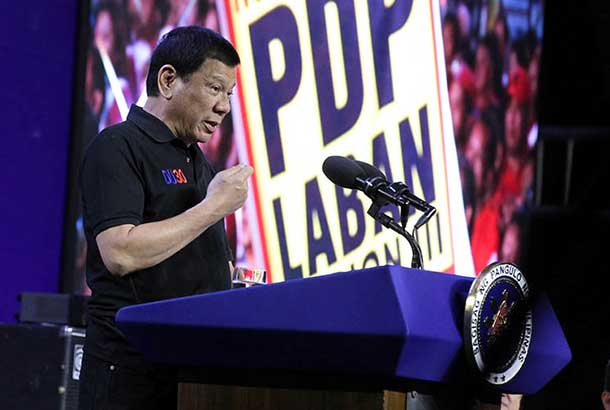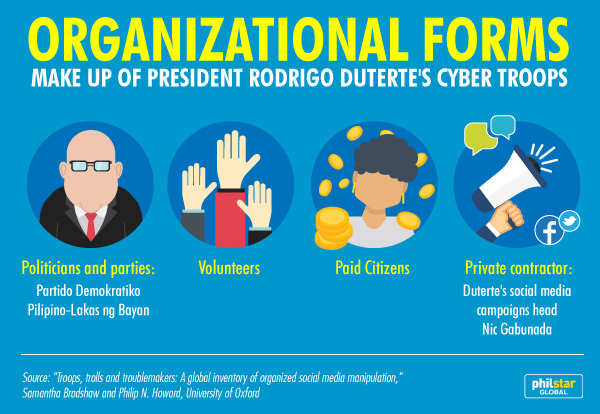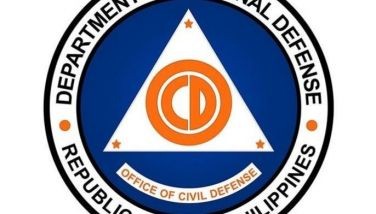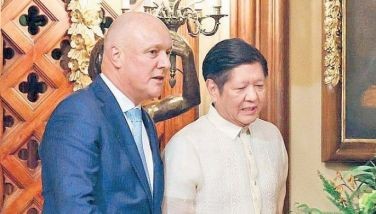This is an article published in 2017. In a latest development, the National Bureau of Investigation claimed on June 8, 2020 that the cloning of accounts of real people on Facebook could be a mere "glitch." We fact-checked that claim here.
MANILA, Philippines — A University of Oxford study found that $200,000, around P10 million, was spent to hire trolls who would spread propaganda for President Rodrigo Duterte and target his opposition.
Countries included in the research were Argentina, Azerbaijan, Australia, Bahrain, Brazil, China, the Czech Republic, Ecuador, Germany, India, Iran, Israel, Mexico, North Korea, the Philippines, Poland, Russia, Saudi Arabia, Serbia, South Korea, Syria, Taiwan, Turkey, Ukraine, the United Kingdom, the United States, Venezuela and Vietnam.
The study said that Duterte’s team of 400 to 500 cyber troops post nationalistic and pro-government comments and interact with dissenters through harassment and individual targeting. Membership in cyber troop teams in the Philippines is "liminal" but with some coordination.
Popular forms of individual targeting involve “verbal abuse, hate speech, discrimination and/or trolling against the values, beliefs or identity of a user or a group of users online” usually over a long duration.
Fake accounts, which, in many cases, are “bots”—bits of code designed to mimic human users—were also found to have been deployed in the Philippines. These were often used to flood social media networks with spam and fake news—propaganda made to seem like legitimate news articles—and inflate the number of likes, shares and retweets to create “an artificial sense of popularity, momentum or relevance.”
“This is different to traditional digital campaign strategies, which have generally focused on spreading information about the party or candidate’s platform, or sent advertisements out to voters.”
The study showed that Duterte’s online machinery is composed of his party Partido Demokratiko Pilipino-Lakas ng Bayan, his campaign’s social media manager Nic Gabunada, volunteer groups and paid citizens.
“Social media has become a valuable platform for public life. It is the primary medium over which young people, around the world, develop their political identities and consume news. However, social media platforms—like Facebook and Twitter—have also become tools for social control,” the study said.
The study listed 2016 as the year of the earliest report of organized social media manipulation in the Philippines. During that year “keyboard trolls” were hired to spread propaganda for then presidential candidate Duterte and many of them continue to amplify messages in support of the president’s policies now that he’s in power.
Ronwald Munsayac of PDP-Laban’s Public Information Committee on Sunday, however, said their party never hired or used online trolls.
In a series of tweets, he said that the allegations by the study were “plain and simple ignorant.”
Research for the study was conducted in three stages. First, through a systematic content analysis of news media articles. The content analysis was supplemented with other sources from think tanks, government agencies, civil society groups, universities and other credible research. Finally, they consulted with country experts to check facts, find additional sources in multiple languages and assist in evaluating the quality of sources.
Editor’s Note: Conversion from US dollar to Philippine peso used Bangko Sentral ng Pilipinas' exchange rate for today of $1=P50.76.






























